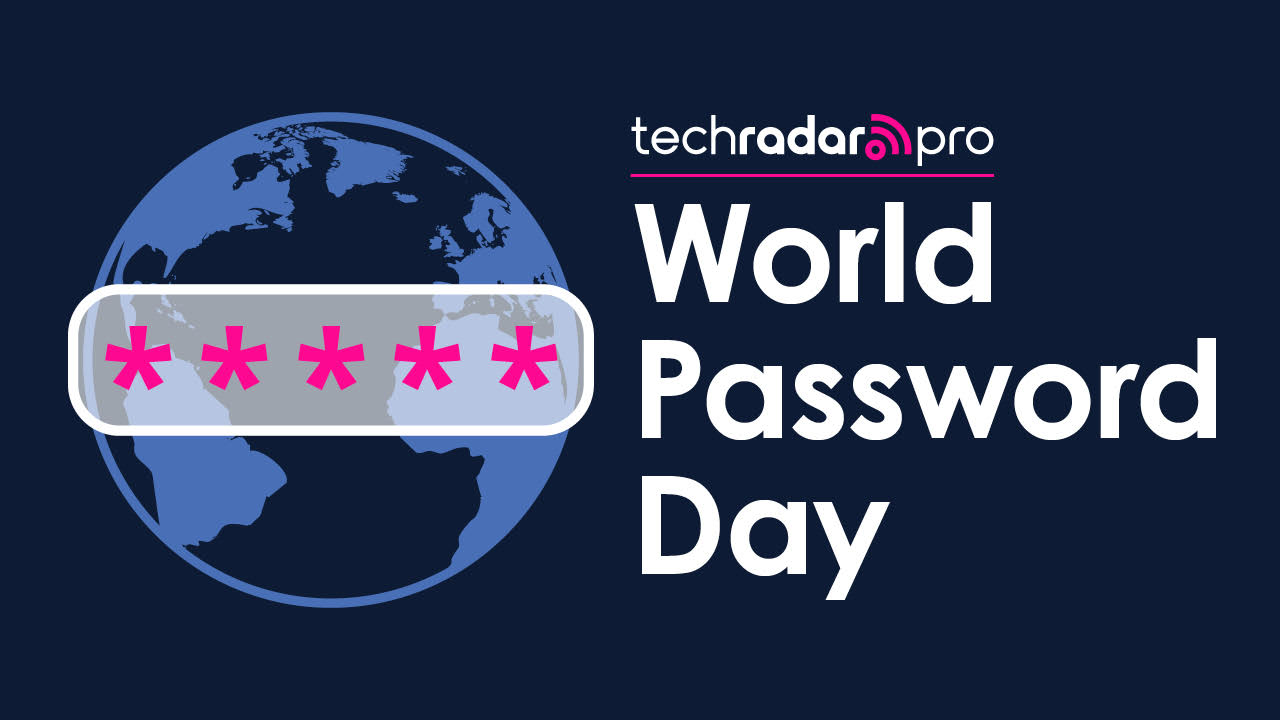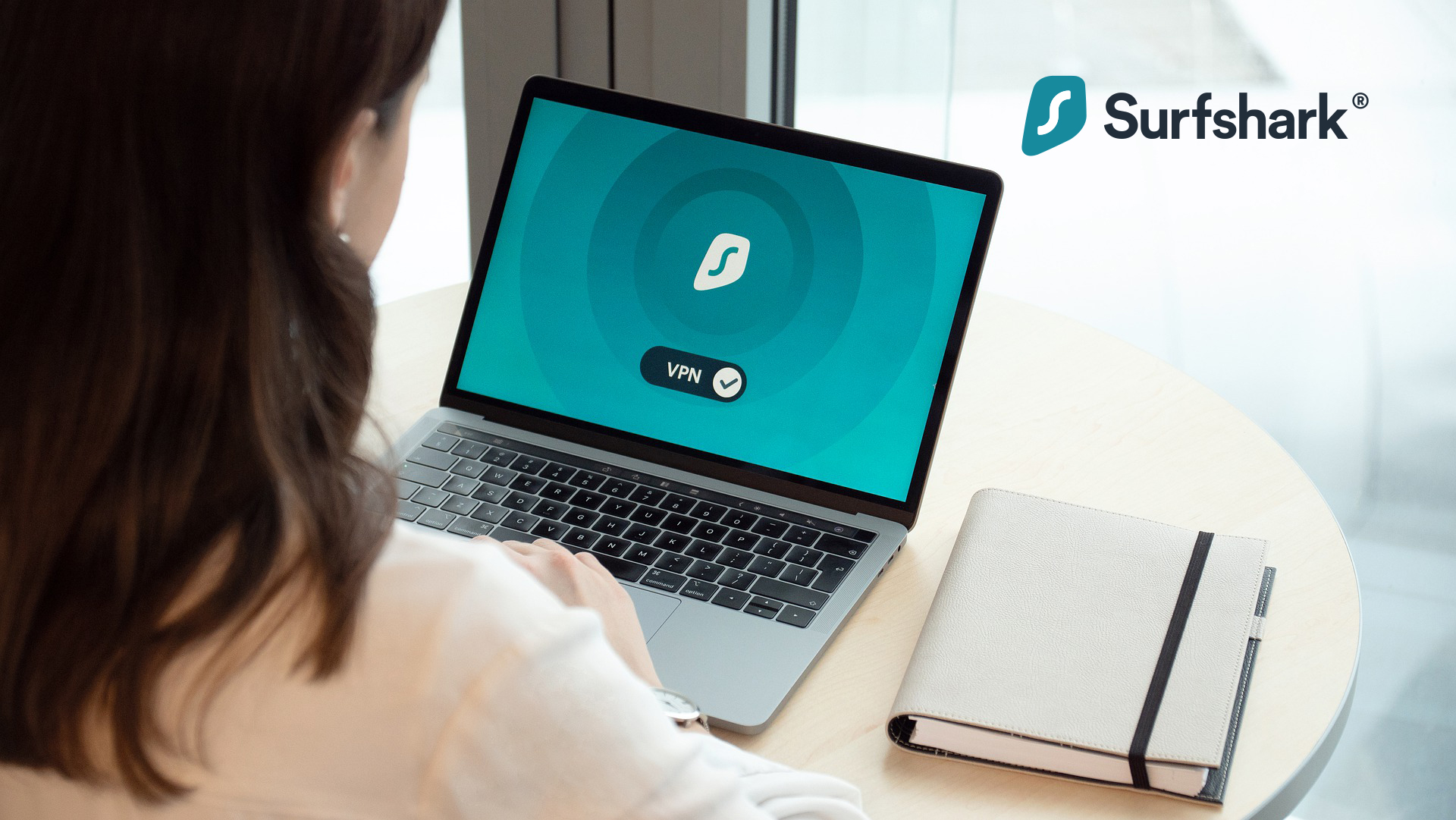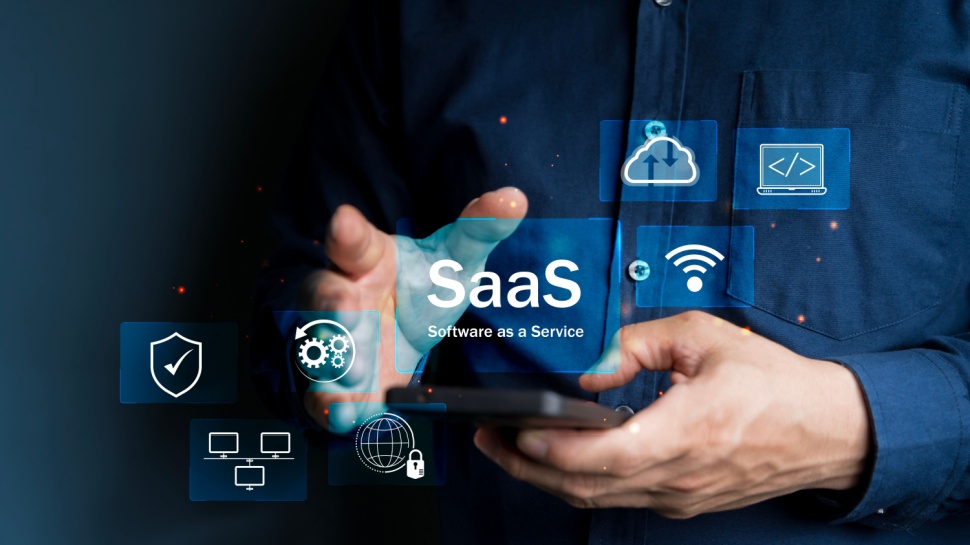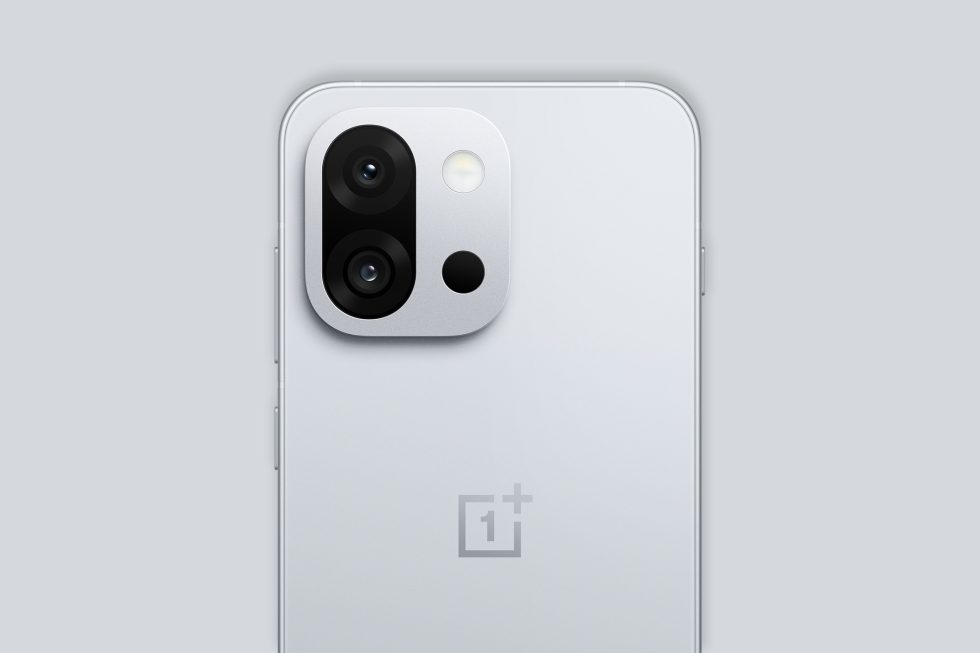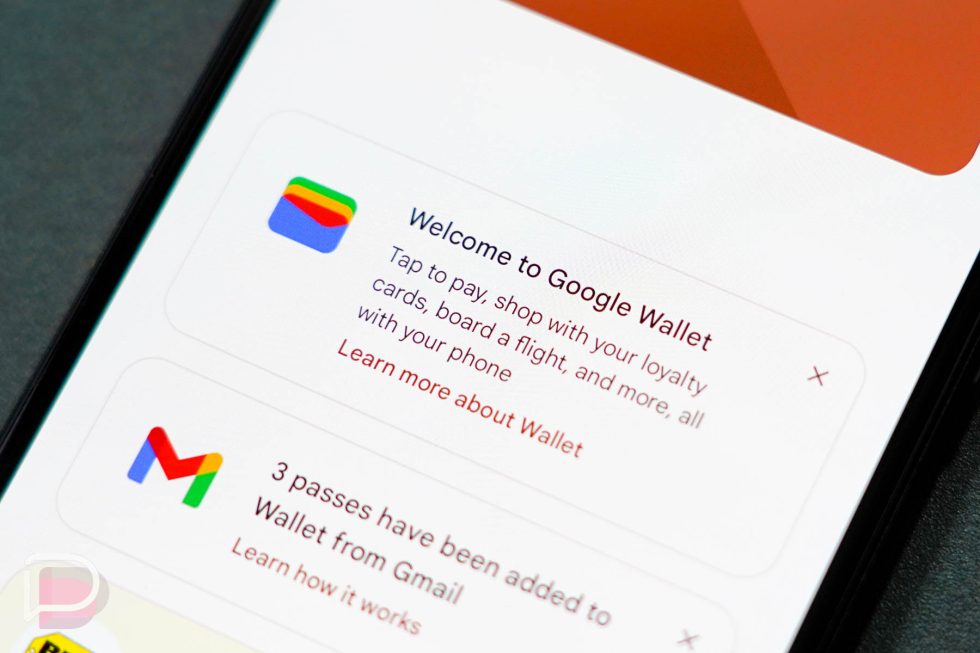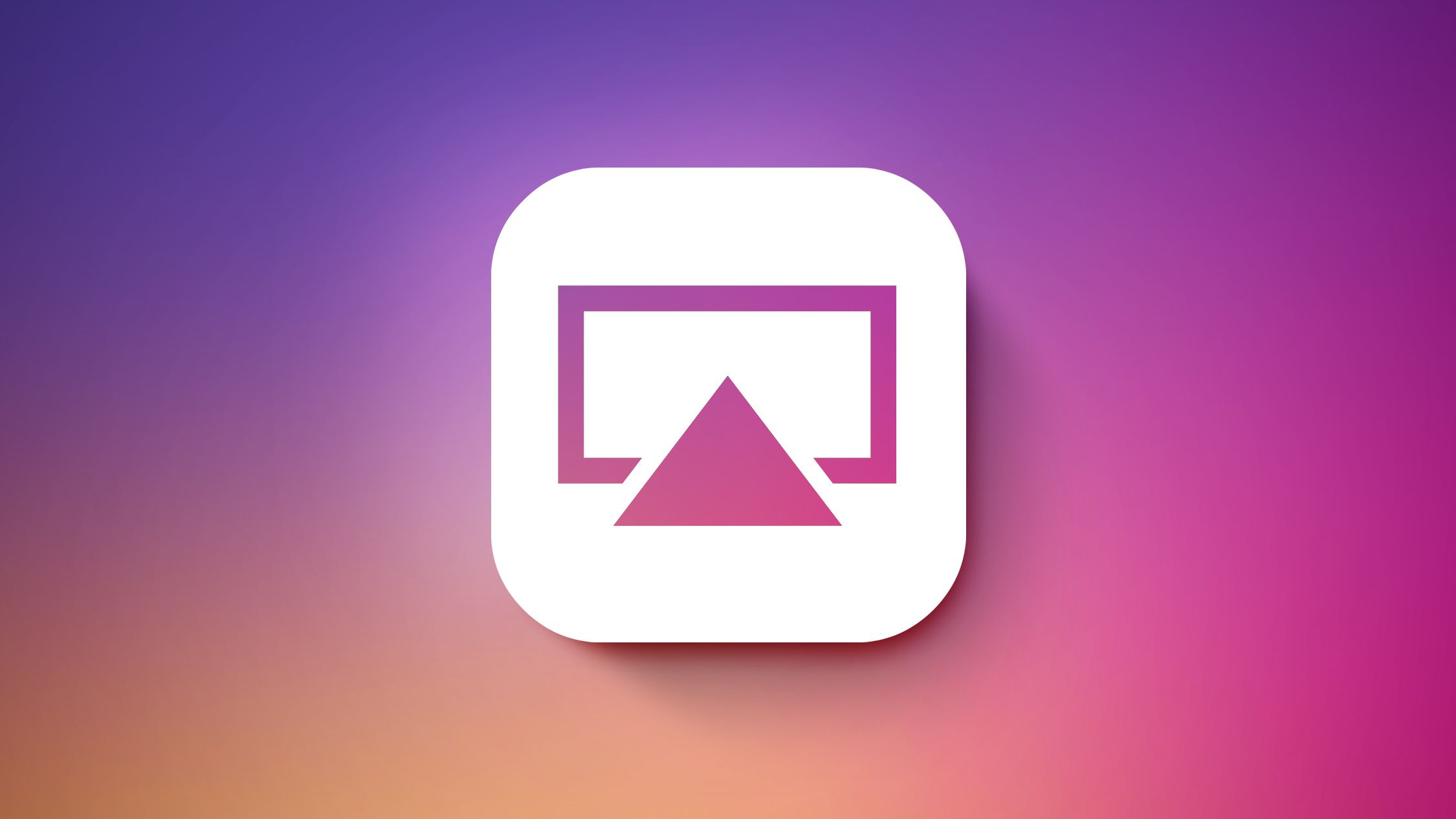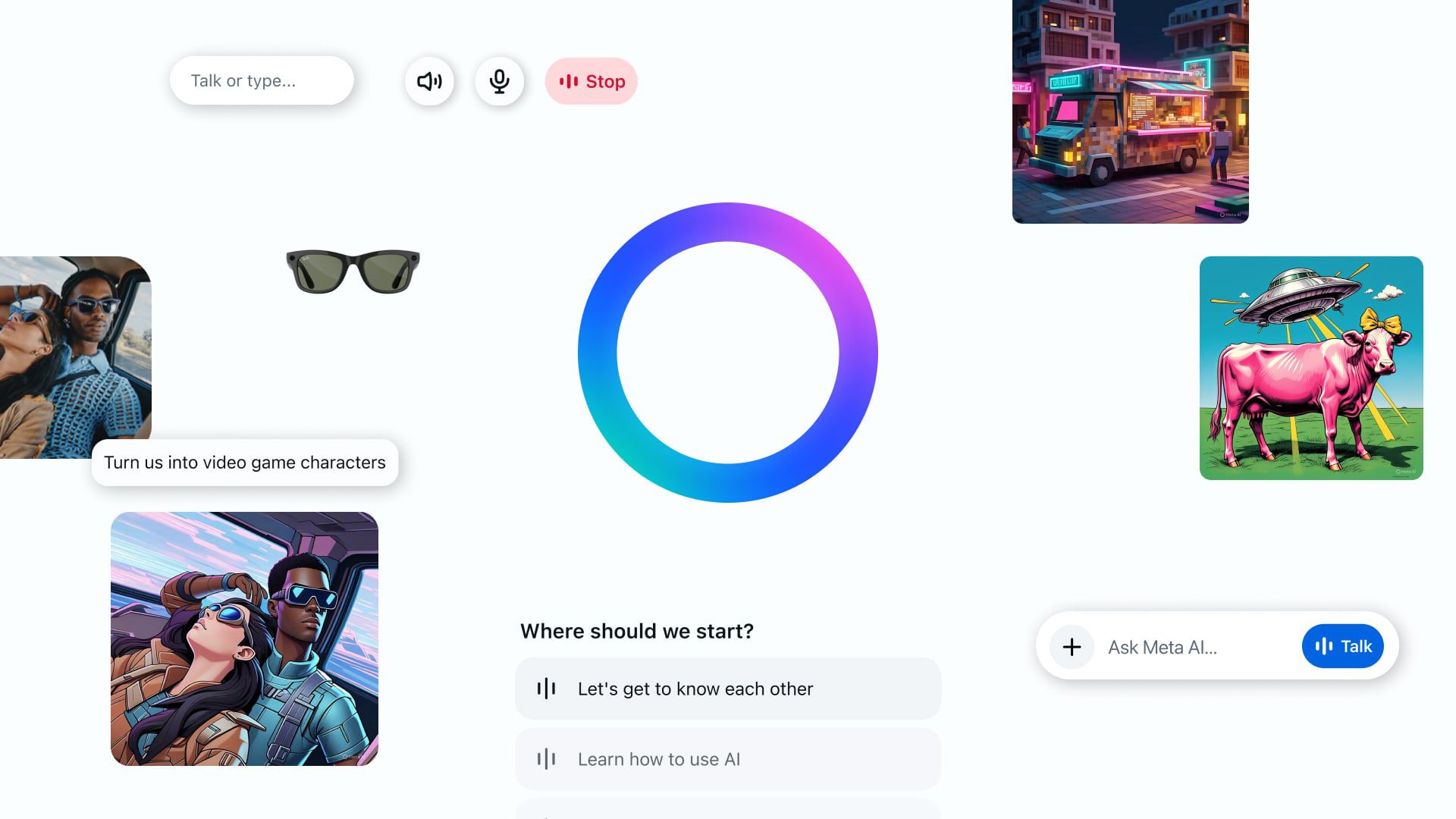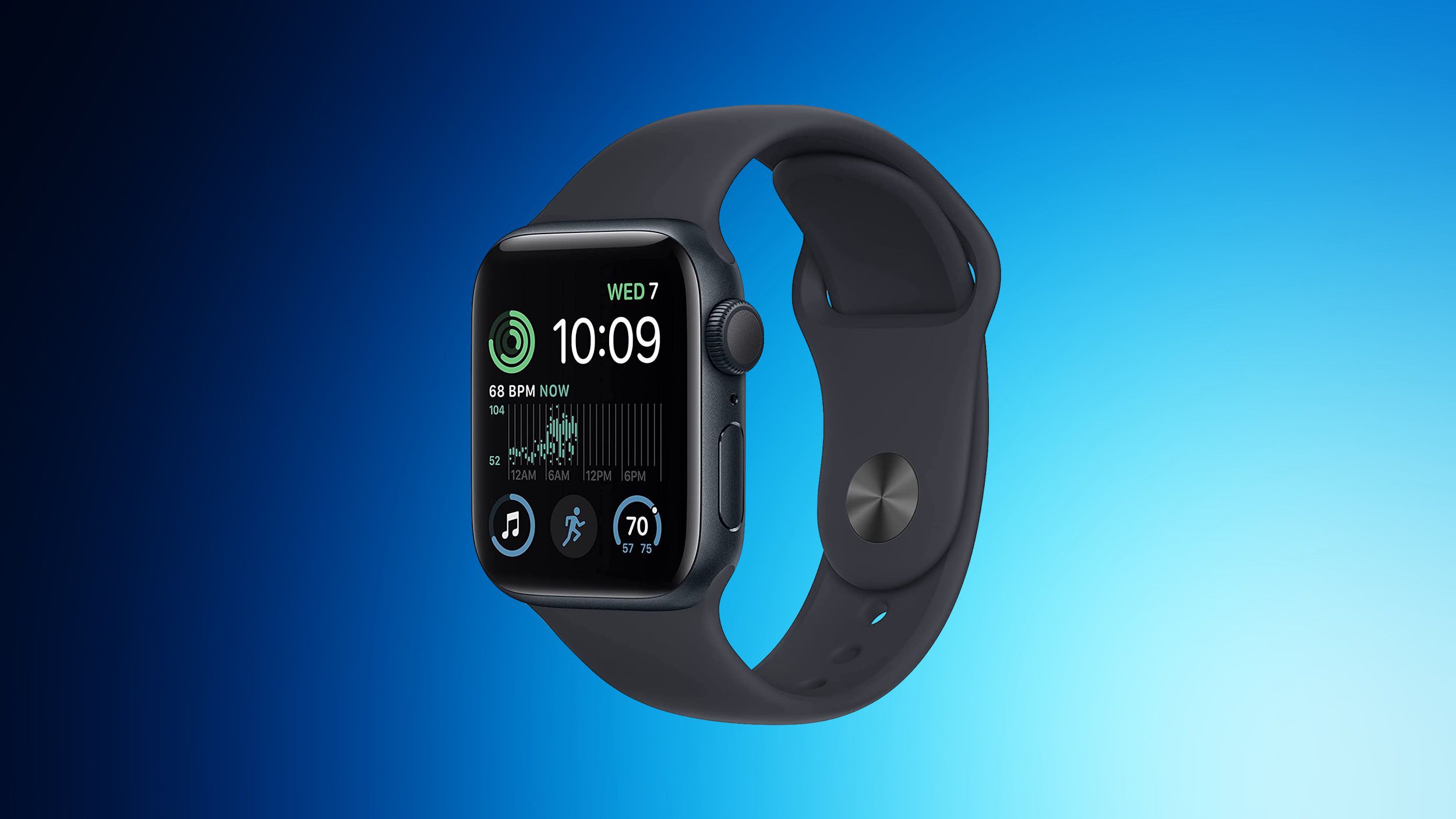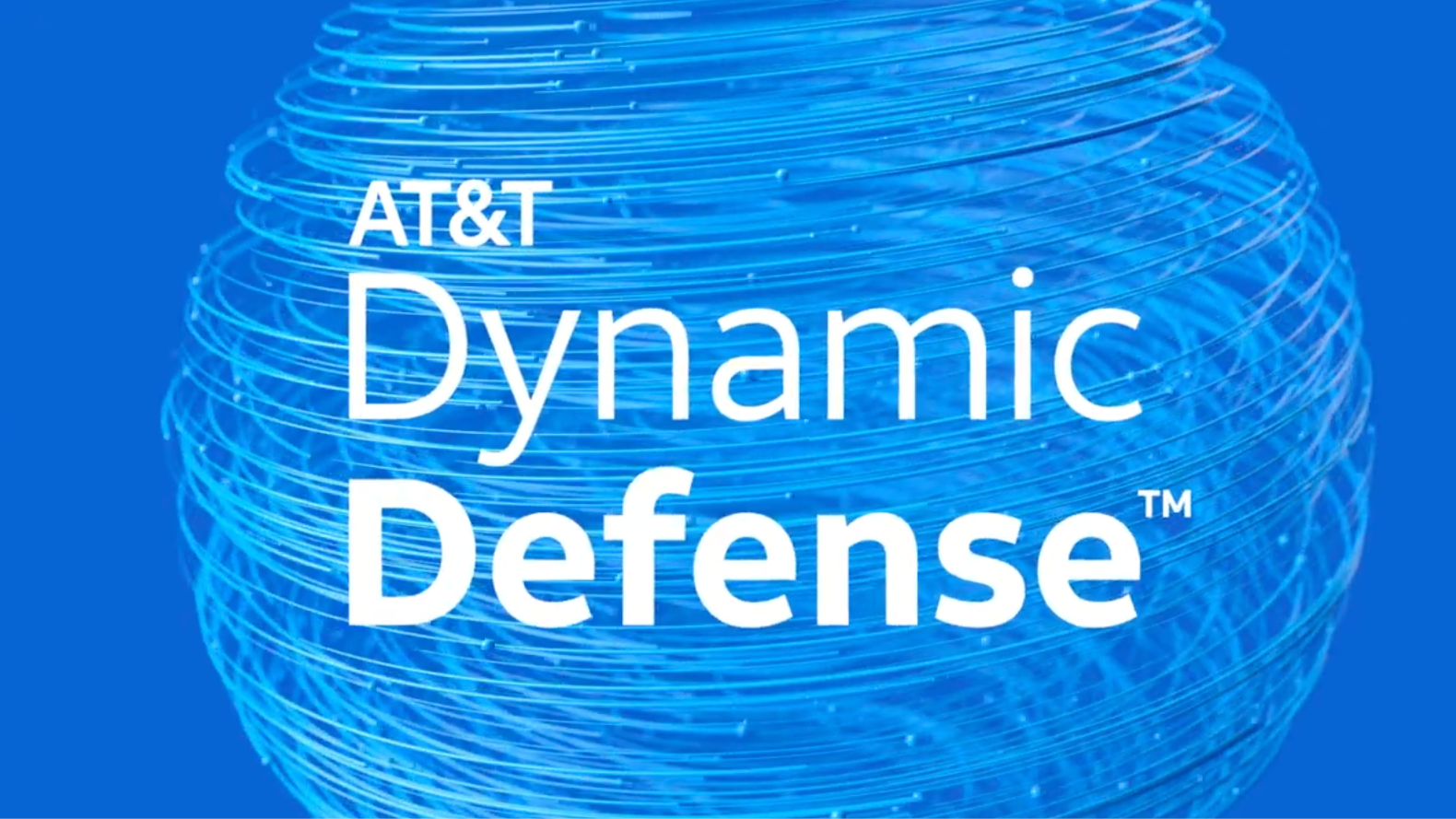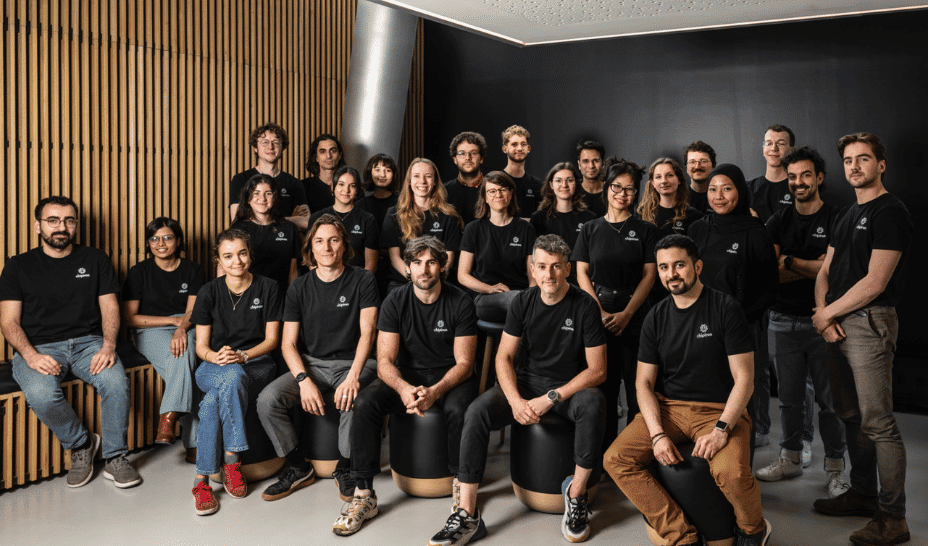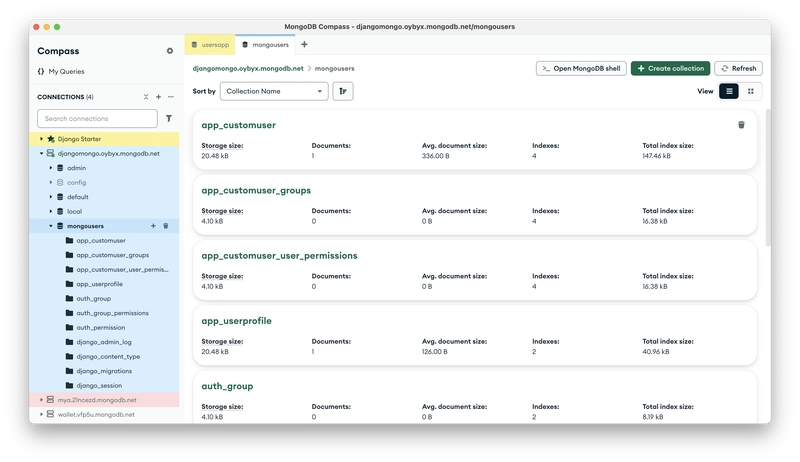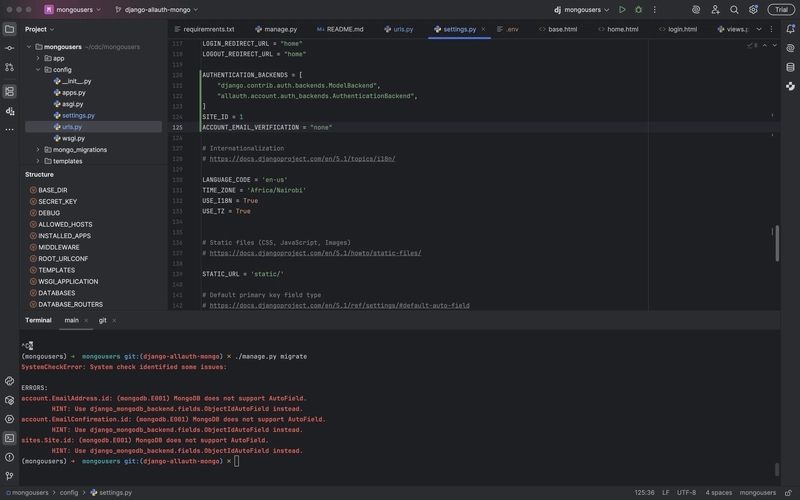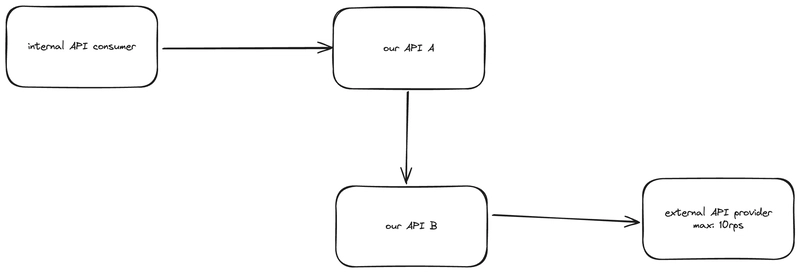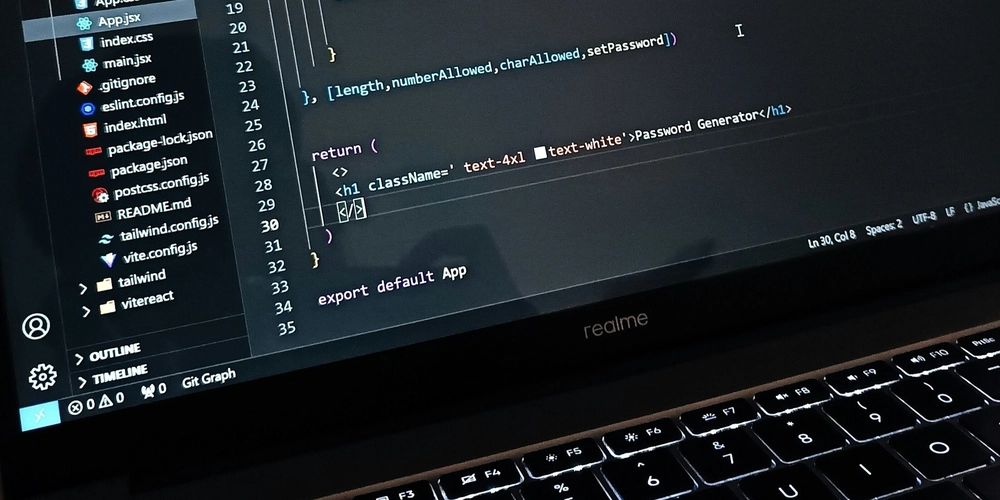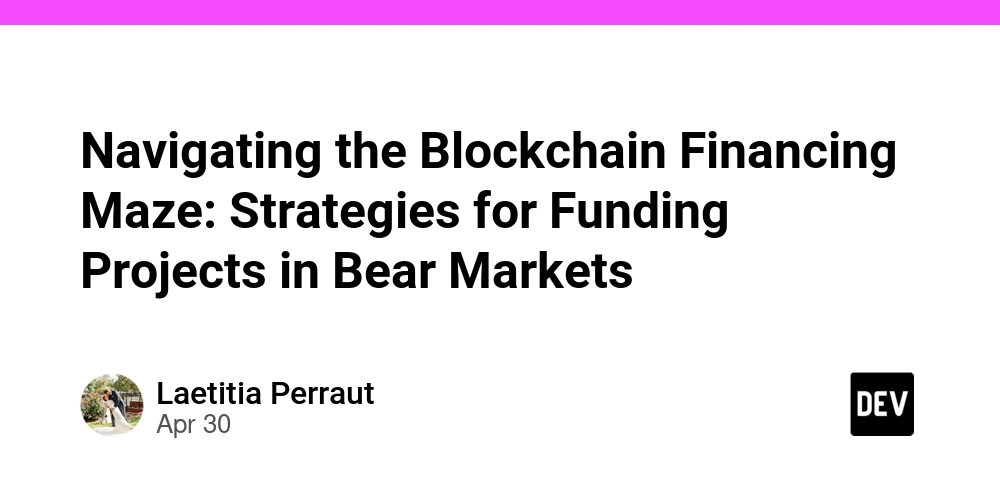basic django authentication flow using mongodb backend
day 2 of my 20 days of django: exploring mongodb as the backend some time back, i explored using mongodb with django: Trying Out MongoDB database Backend for Django c a ・ Mar 7 #django #mongodb #database so for day 2, i decided to revisit it—but this time, with a simple authentication flow. my goal was to test if the mongodb backend now plays nicely with third-party libraries like django-allauth. setup & default user flow mongodb has solid documentation, but i prefer following the official github readme: mongodb / django-mongodb-backend Django MongoDB Backend Django MongoDB Backend This backend is currently in development and is not advised for production workflows. Backwards incompatible changes may be made without notice. We welcome your feedback as we continue to explore and build. The best way to share this is via our MongoDB Community Forum. Index Documentation Getting Started Model Your Data Limitations & Future Work The documentation in the "docs" directory is online at https://django-mongodb-backend.readthedocs.io/en/latest/. Install Use the version of django-mongodb-backend that corresponds to your version of Django. For example, to get the latest compatible release for Django 5.2.x: pip install --pre django-mongodb-backend==5.2.* (Until the package is out of beta, you must use pip's --pre option.) Quickstart Start project From your shell, run the following command to create a new Django project called example using our custom template. Make sure the zipfile referenced at the end of the template link corresponds to your version… View on GitHub the setup process involves bootstrapping a project from their provided templates: # install the backend pip install --pre django-mongodb-backend==5.2.* # start a new project from the mongodb template django-admin startproject example --template https://github.com/mongodb-labs/django-mongodb-project/archive/refs/heads/5.2.x.zip # start an app from their sample app template python manage.py startapp sample_mflix --template https://github.com/mongodb-labs/django-mongodb-app/archive/refs/heads/5.1.x.zip update your database settings like this: databases = { "default": django_mongodb_backend.parse_uri( config("mongo_uri"), db_name="mongousers" ), } code is available here: https://github.com/achingachris/mongo-users thoughts on the setup authentication works out of the box, even with custom user models. the only issue i had was not running mongo locally—so performance took a hit. but honestly, seeing my django data as mongodb documents? that was deeply satisfying. i'm using jazzmin for the admin interface. adds some nice polish. trying django-allauth with mongodb unfortunately, still no support. from the docs: "we plan to test compatibility with the following third-party libraries by the ga release: django-filter, django rest framework, django-allauth, wagtail, django debug toolbar." source code for the test branch: https://github.com/achingachris/mongo-users/tree/django-allauth-mongo final thoughts i have high hopes for the mongodb django backend. once third-party libraries are supported, it’ll unlock serious potential for real-world projects. until then, we wait. see you on the next one
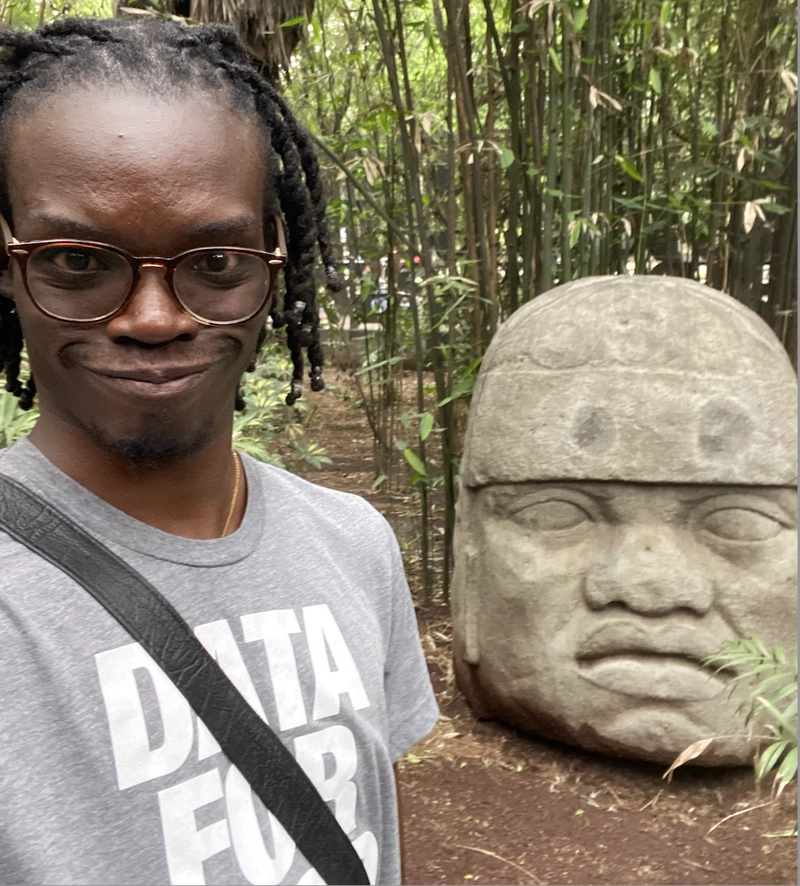
day 2 of my 20 days of django: exploring mongodb as the backend
some time back, i explored using mongodb with django:
so for day 2, i decided to revisit it—but this time, with a simple authentication flow. my goal was to test if the mongodb backend now plays nicely with third-party libraries like django-allauth.
setup & default user flow
mongodb has solid documentation, but i prefer following the official github readme:
 mongodb
/
django-mongodb-backend
mongodb
/
django-mongodb-backend
Django MongoDB Backend
Django MongoDB Backend
This backend is currently in development and is not advised for production workflows. Backwards incompatible changes may be made without notice. We welcome your feedback as we continue to explore and build. The best way to share this is via our MongoDB Community Forum.
Index
The documentation in the "docs" directory is online at https://django-mongodb-backend.readthedocs.io/en/latest/.
Install
Use the version of django-mongodb-backend that corresponds to your version of
Django. For example, to get the latest compatible release for Django 5.2.x:
pip install --pre django-mongodb-backend==5.2.*
(Until the package is out of beta, you must use pip's --pre option.)
Quickstart
Start project
From your shell, run the following command to create a new Django project
called example using our custom template. Make sure the zipfile referenced
at the end of the template link corresponds to your version…
the setup process involves bootstrapping a project from their provided templates:
# install the backend
pip install --pre django-mongodb-backend==5.2.*
# start a new project from the mongodb template
django-admin startproject example --template https://github.com/mongodb-labs/django-mongodb-project/archive/refs/heads/5.2.x.zip
# start an app from their sample app template
python manage.py startapp sample_mflix --template https://github.com/mongodb-labs/django-mongodb-app/archive/refs/heads/5.1.x.zip
update your database settings like this:
databases = {
"default": django_mongodb_backend.parse_uri(
config("mongo_uri"), db_name="mongousers"
),
}
code is available here:
https://github.com/achingachris/mongo-users
thoughts on the setup
authentication works out of the box, even with custom user models.
the only issue i had was not running mongo locally—so performance took a hit. but honestly, seeing my django data as mongodb documents? that was deeply satisfying.
i'm using jazzmin for the admin interface. adds some nice polish.
trying django-allauth with mongodb
unfortunately, still no support.
from the docs:
"we plan to test compatibility with the following third-party libraries by the ga release:
django-filter, django rest framework, django-allauth, wagtail, django debug toolbar."
source
code for the test branch:
https://github.com/achingachris/mongo-users/tree/django-allauth-mongo
final thoughts
i have high hopes for the mongodb django backend. once third-party libraries are supported, it’ll unlock serious potential for real-world projects.
until then, we wait.

















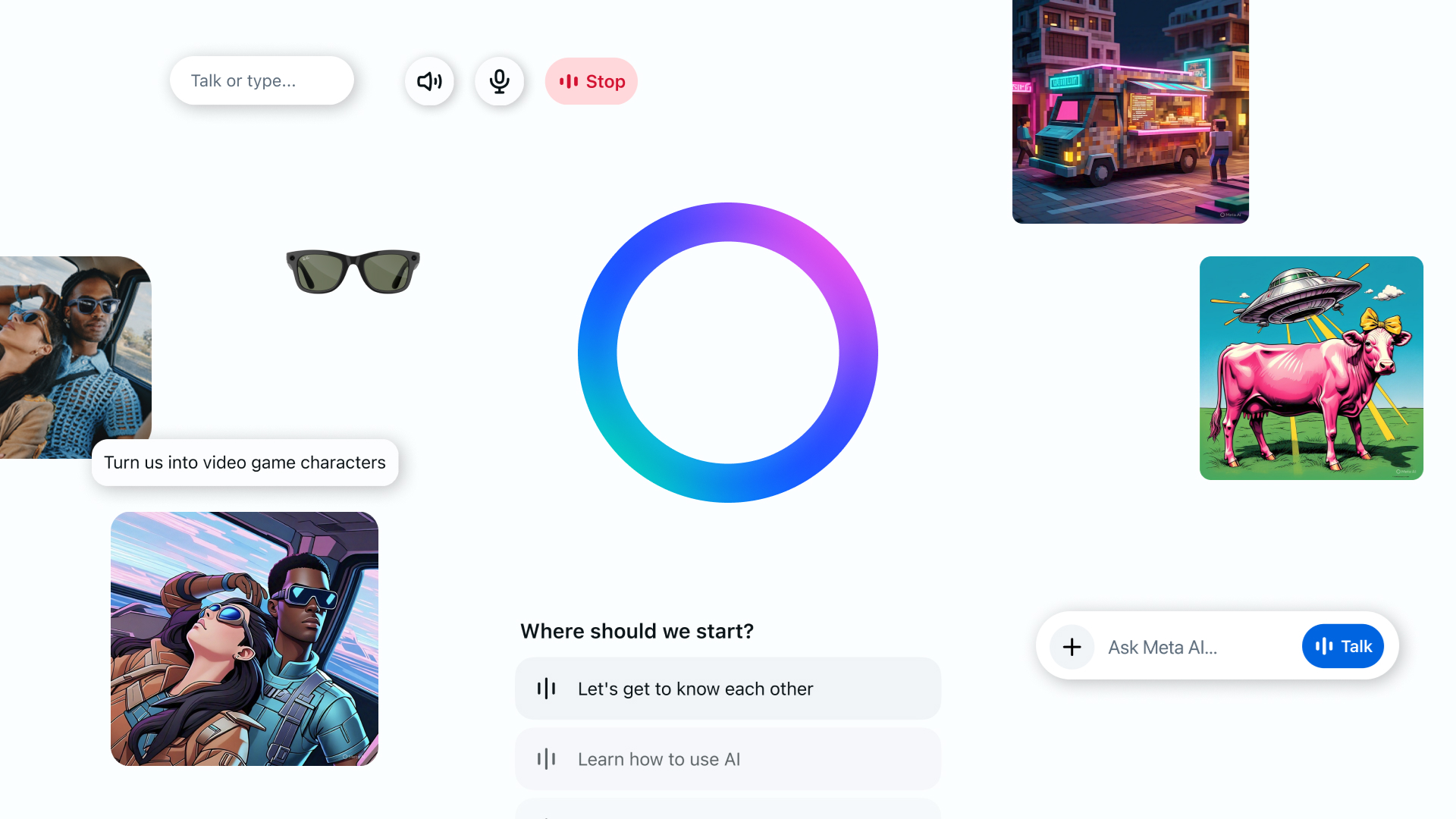

























































































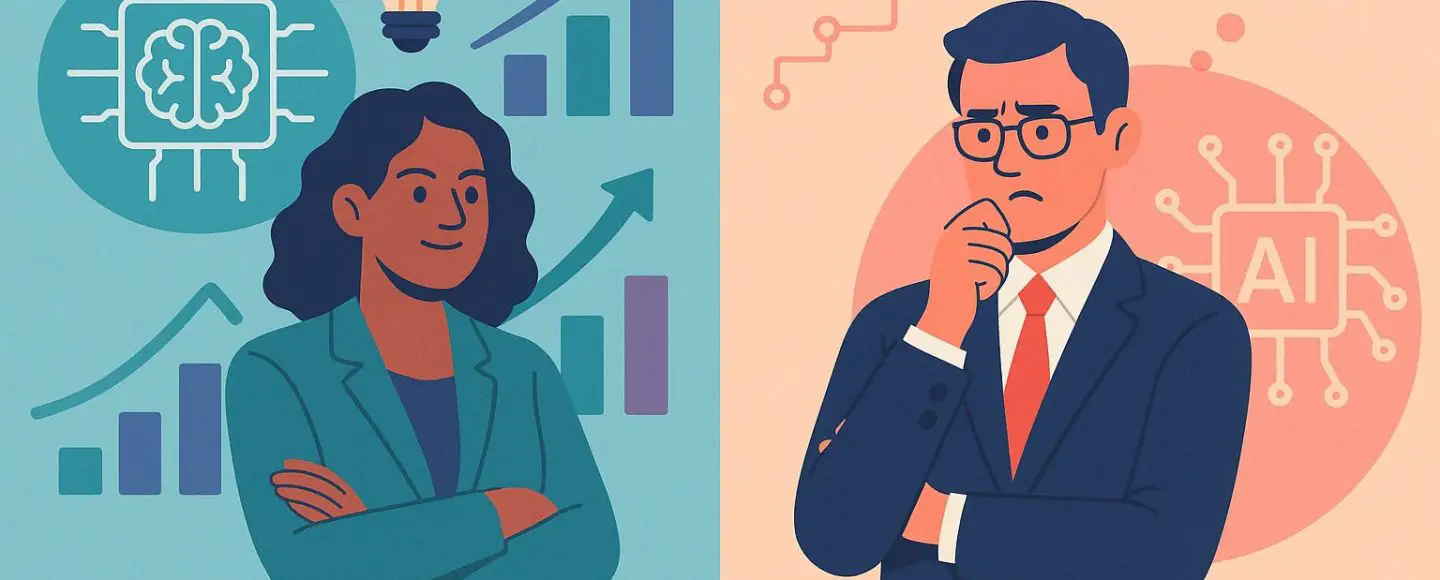























































![[The AI Show Episode 145]: OpenAI Releases o3 and o4-mini, AI Is Causing “Quiet Layoffs,” Executive Order on Youth AI Education & GPT-4o’s Controversial Update](https://www.marketingaiinstitute.com/hubfs/ep%20145%20cover.png)


































































































































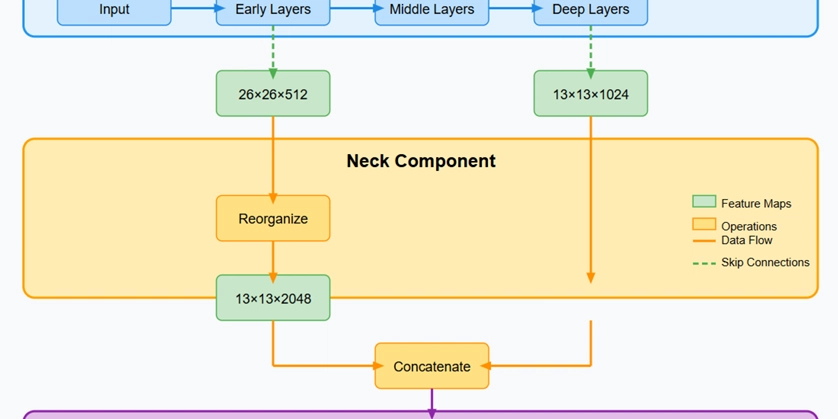
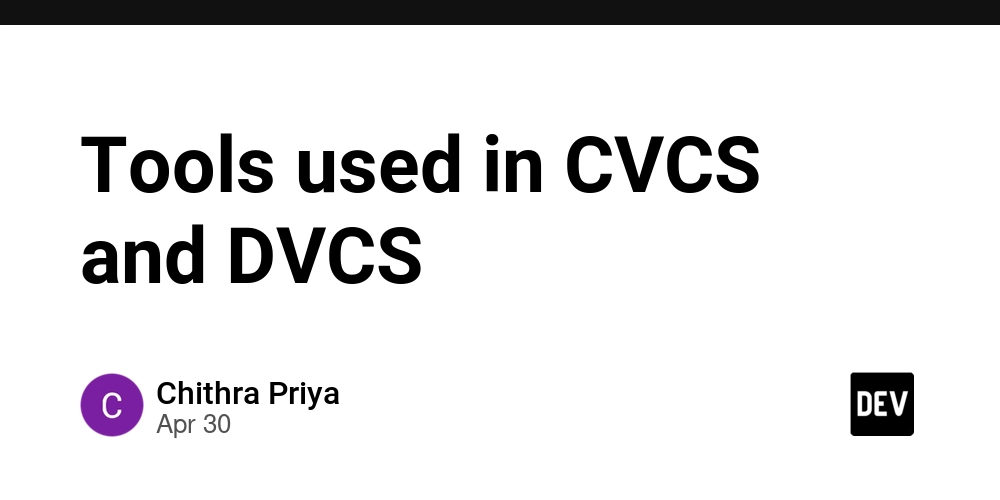
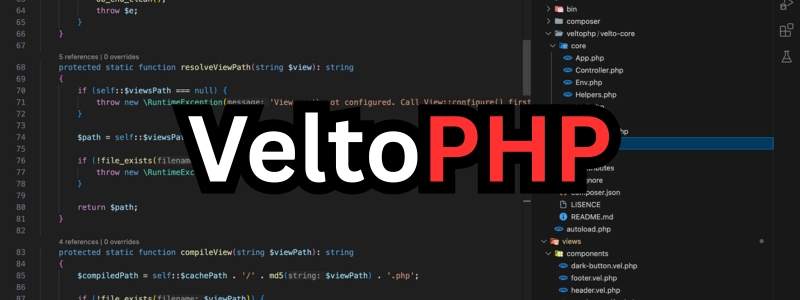





































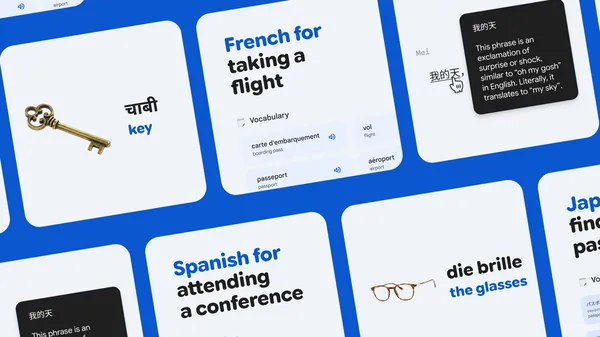
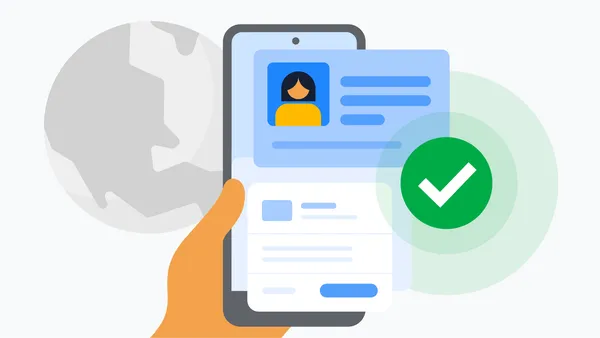
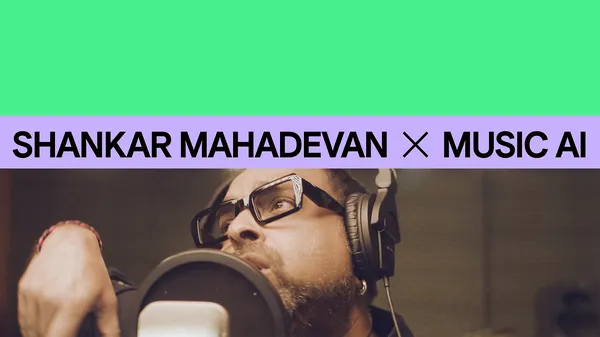
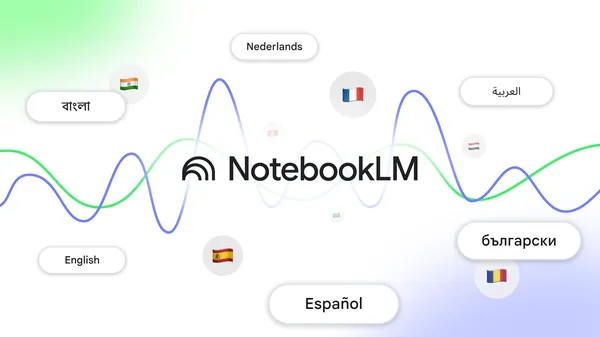







































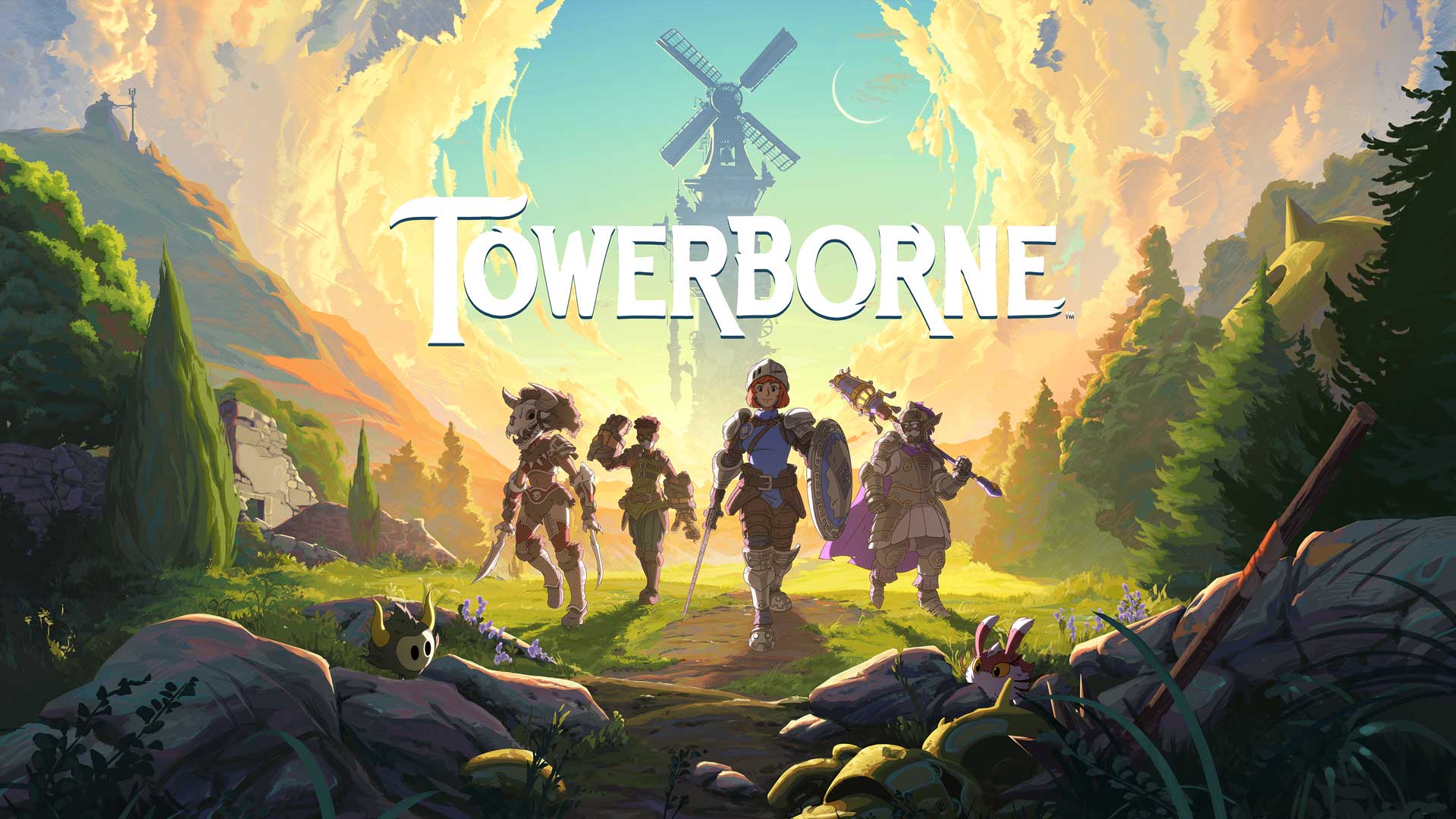



















































_Tanapong_Sungkaew_via_Alamy.jpg?width=1280&auto=webp&quality=80&disable=upscale#)

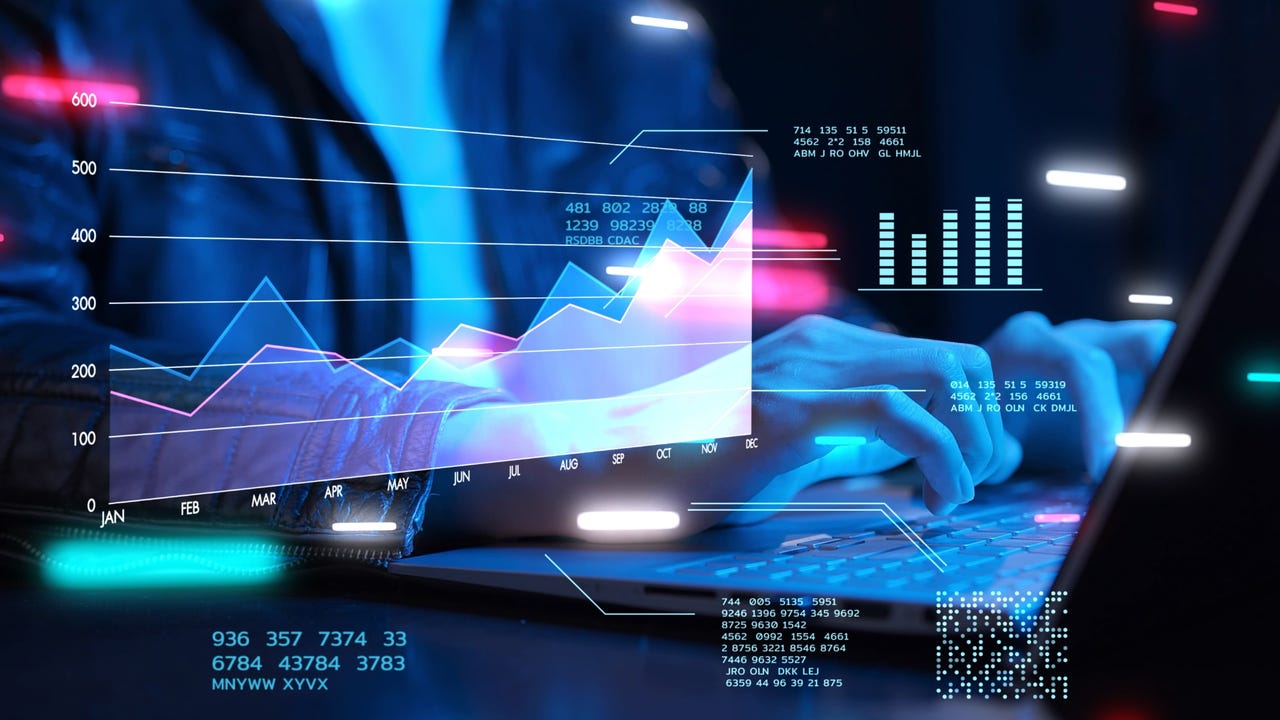


.webp?#)
















































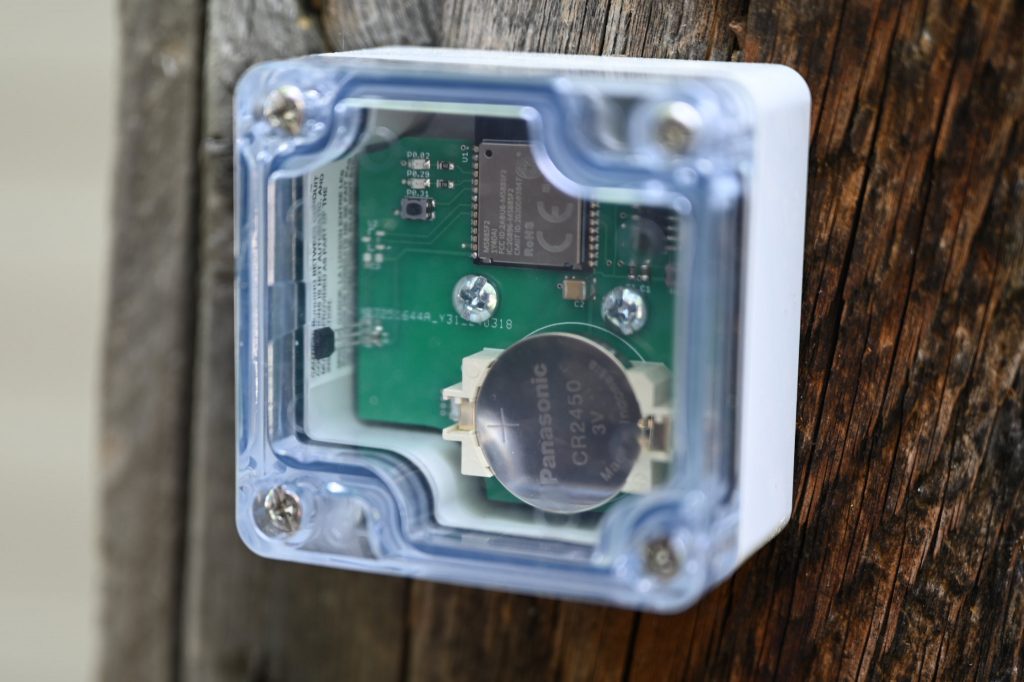
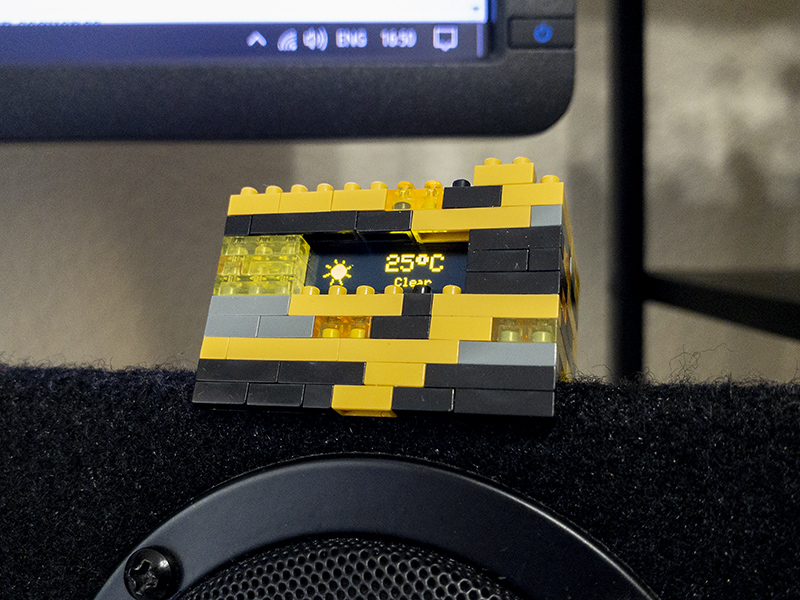
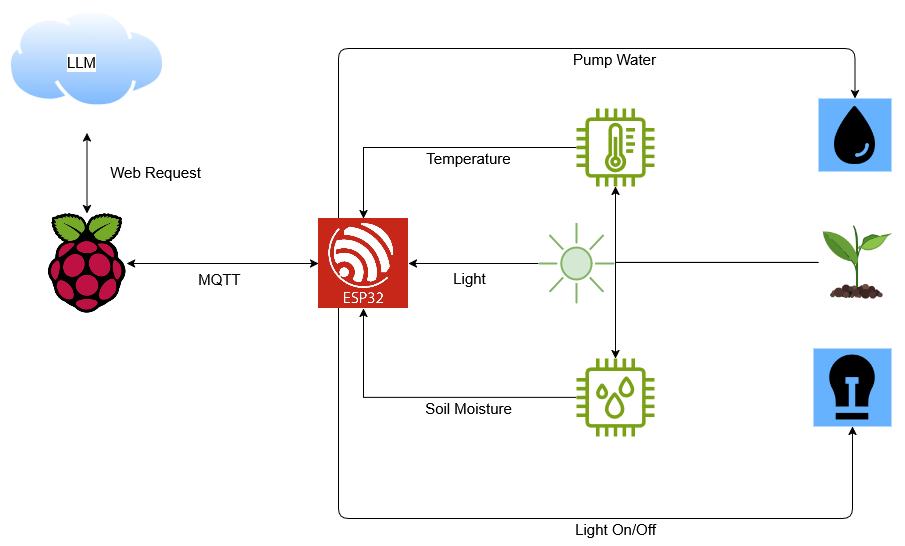






















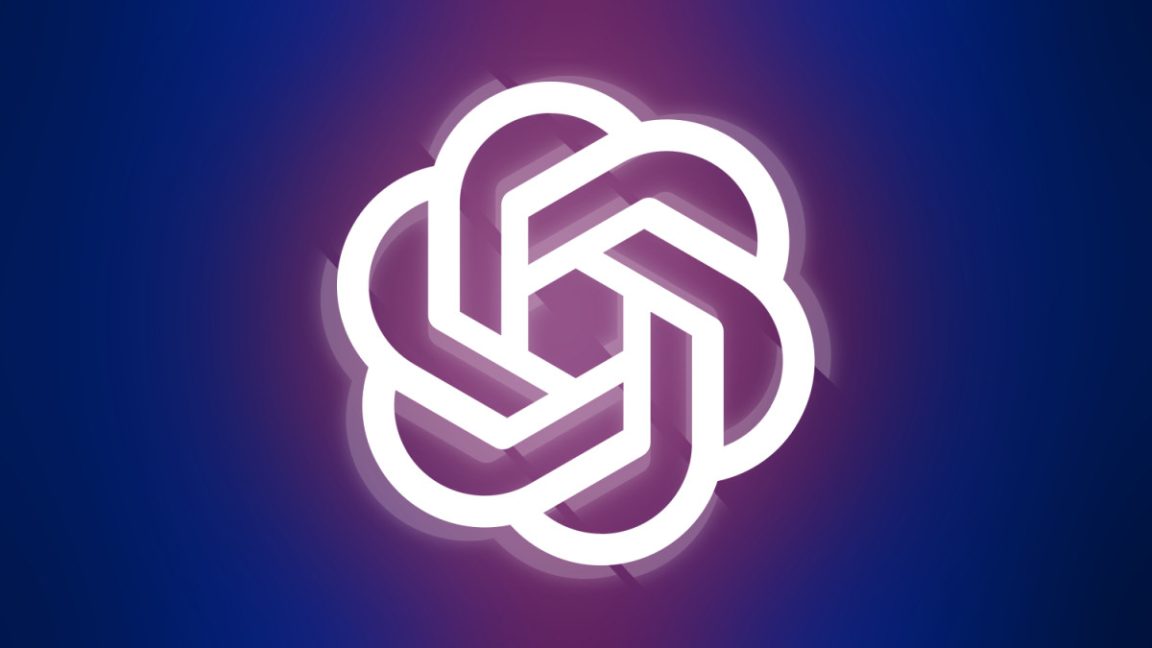


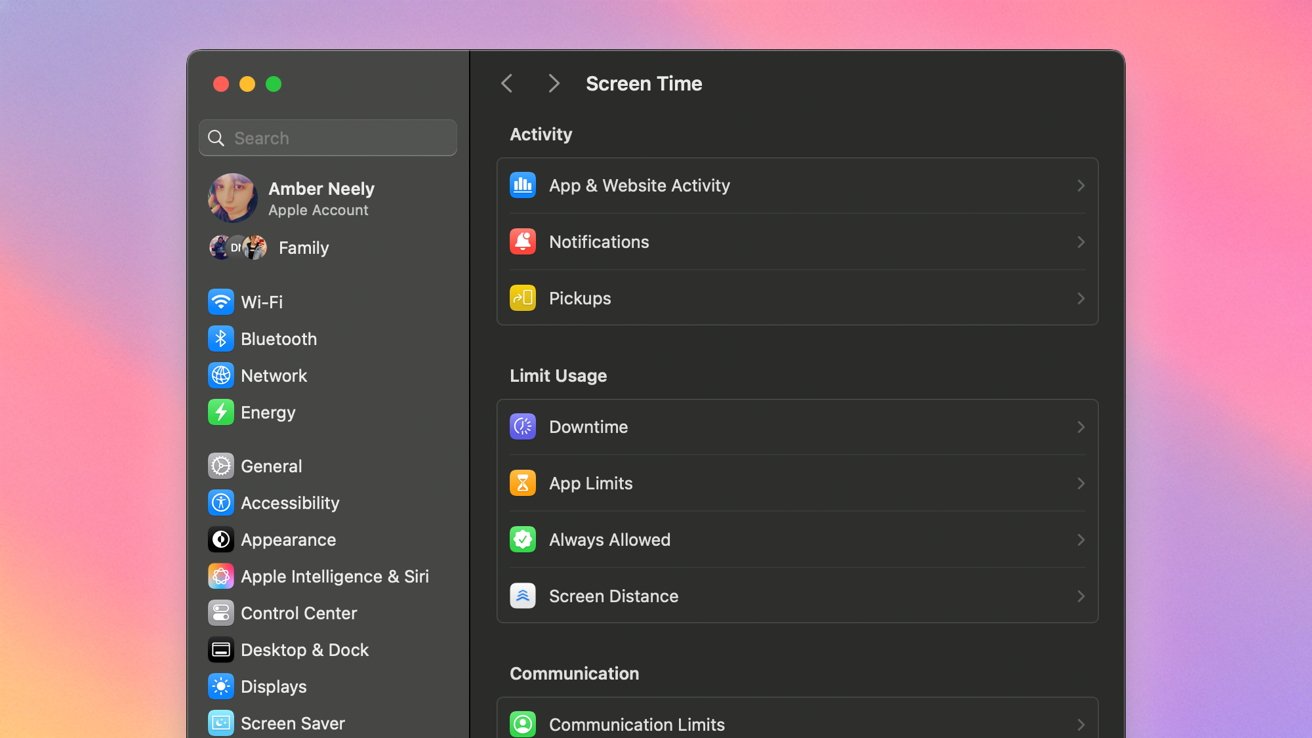


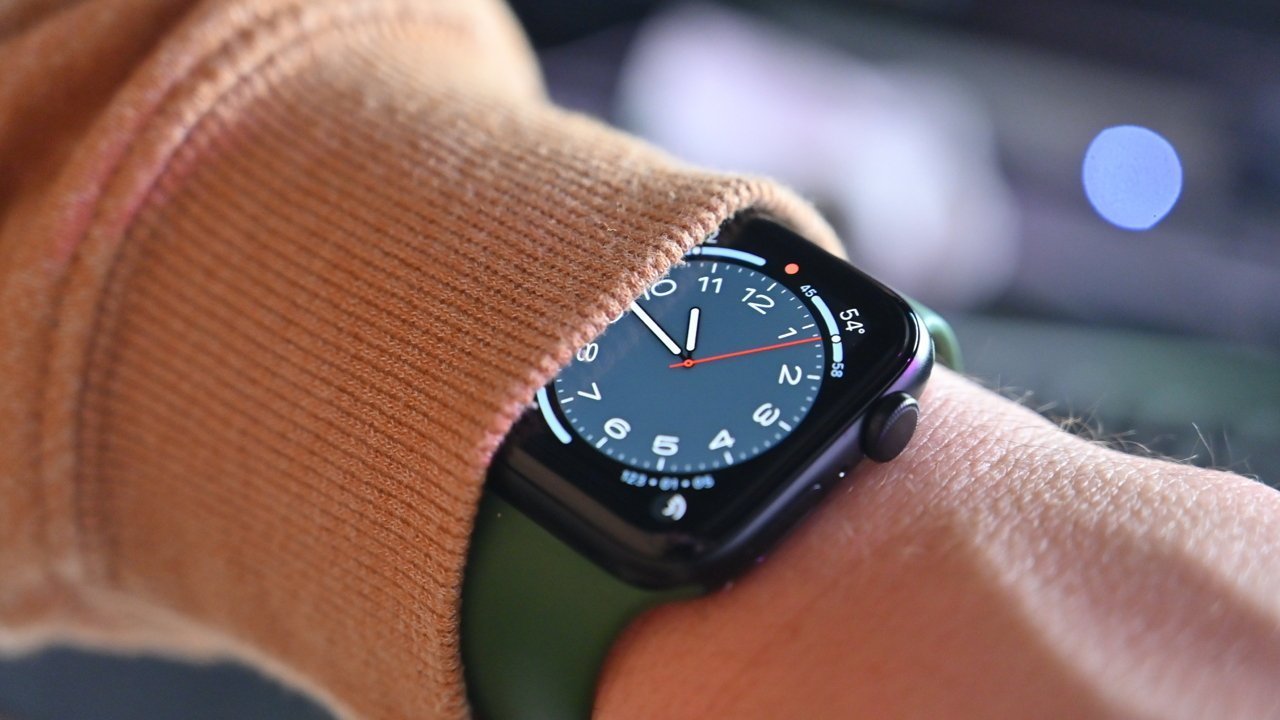

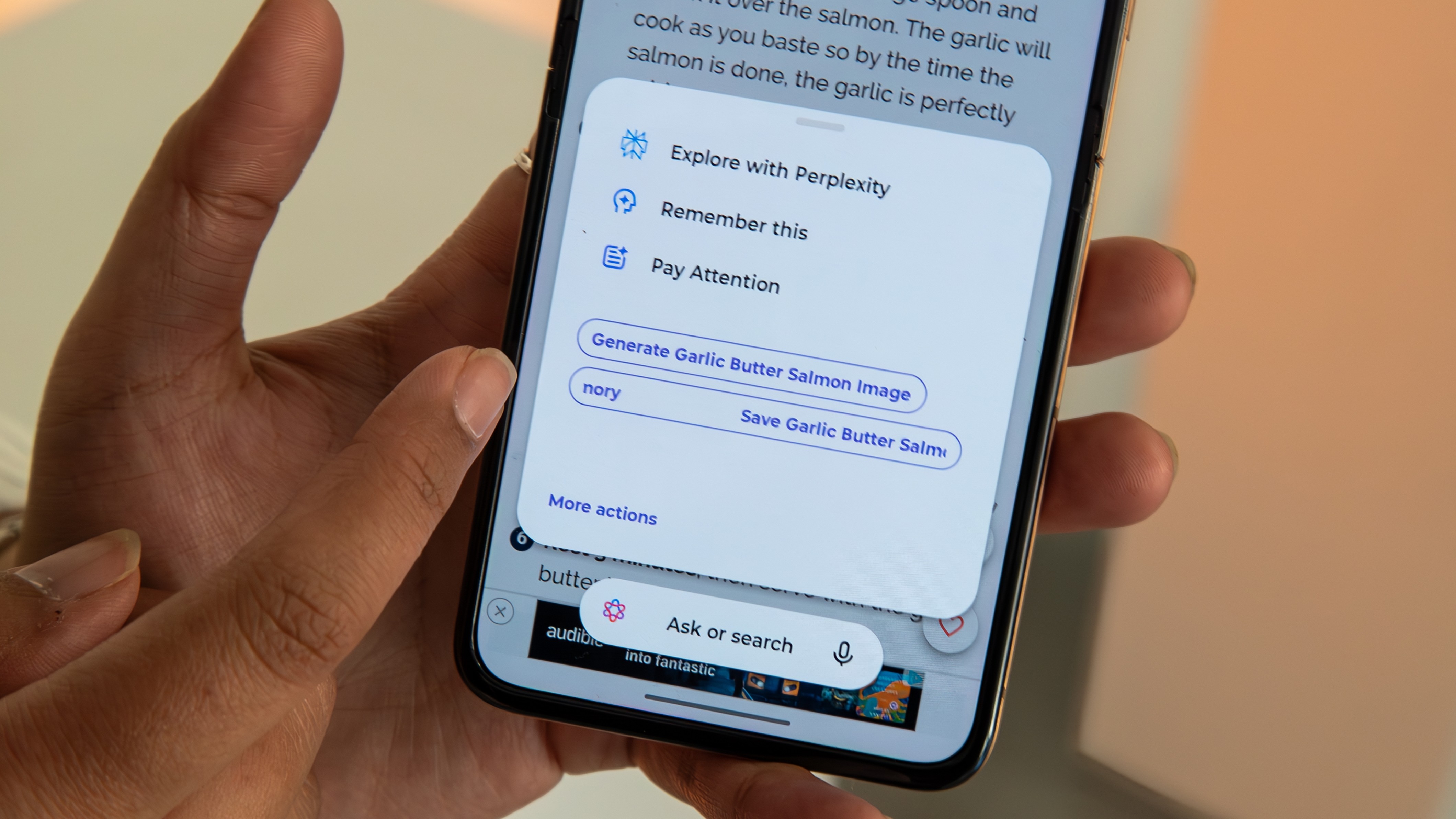
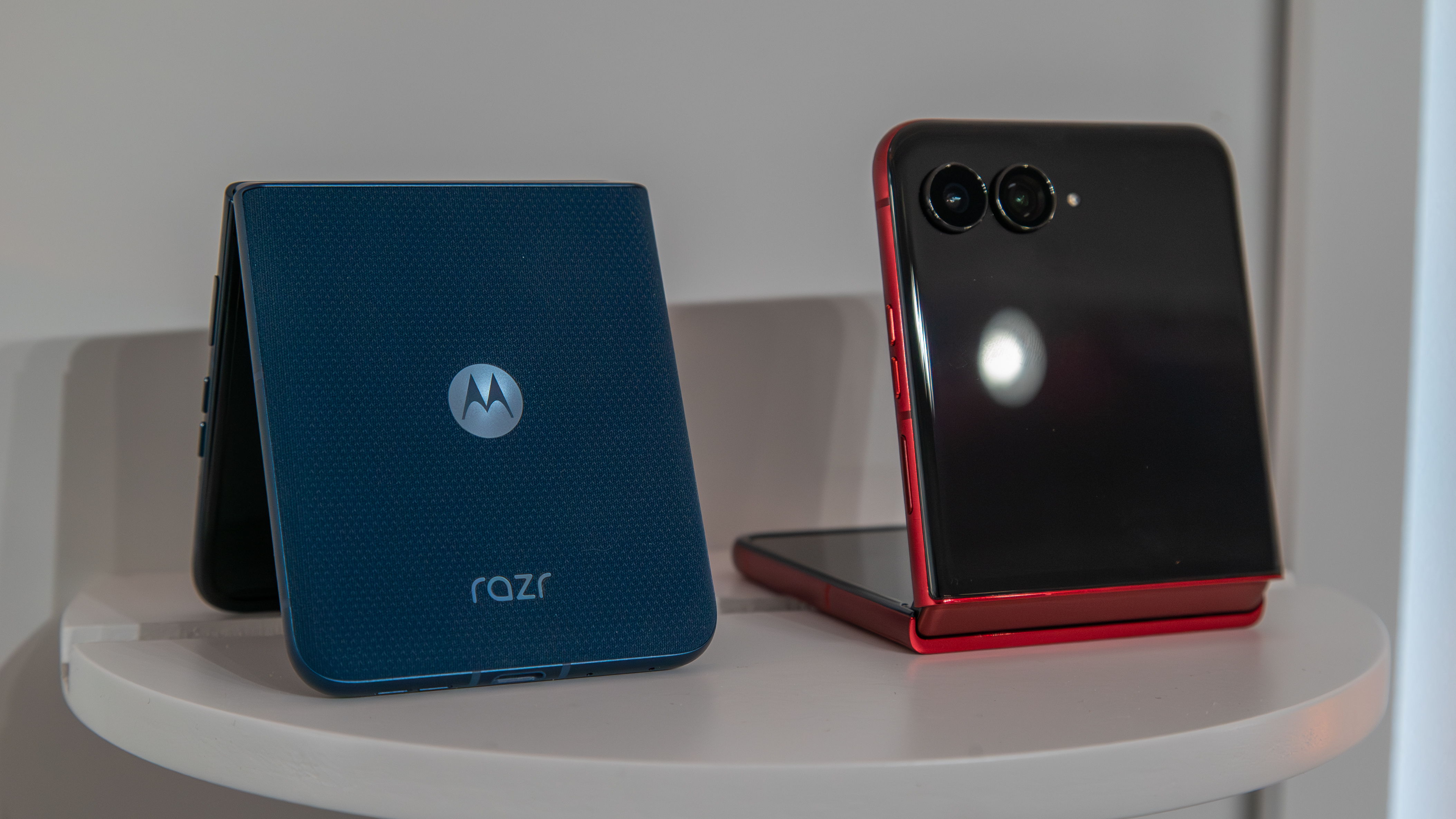
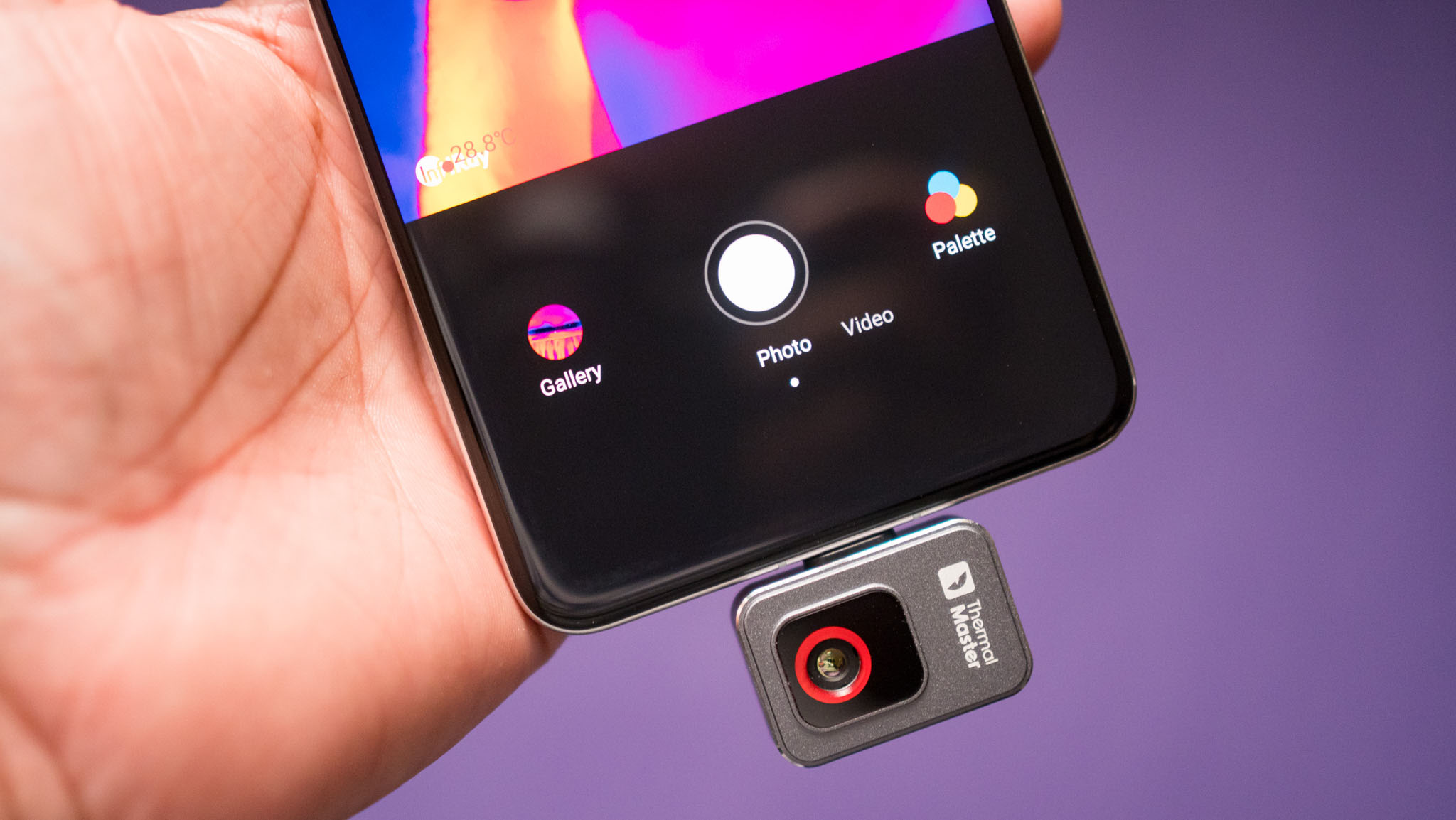
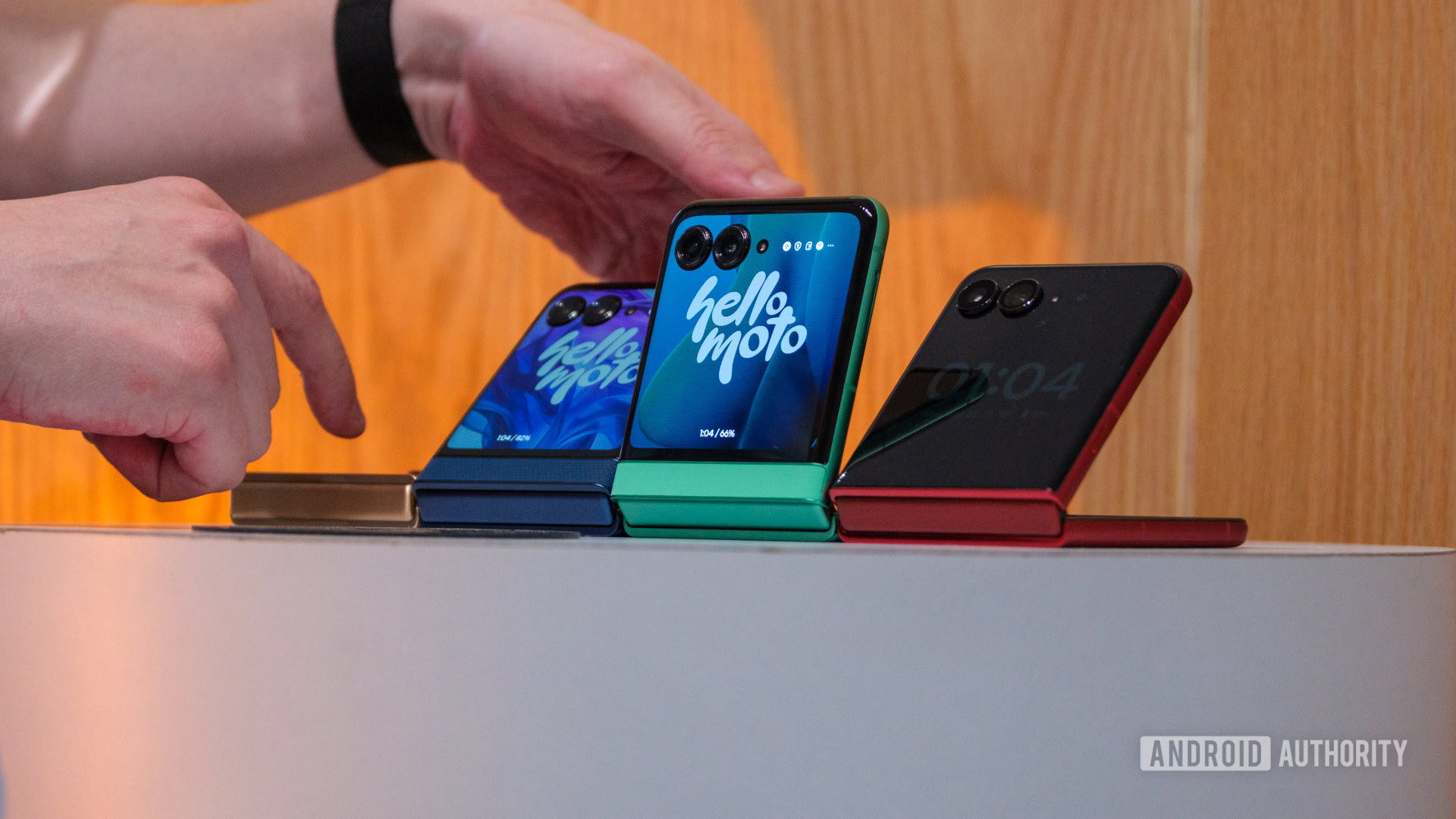
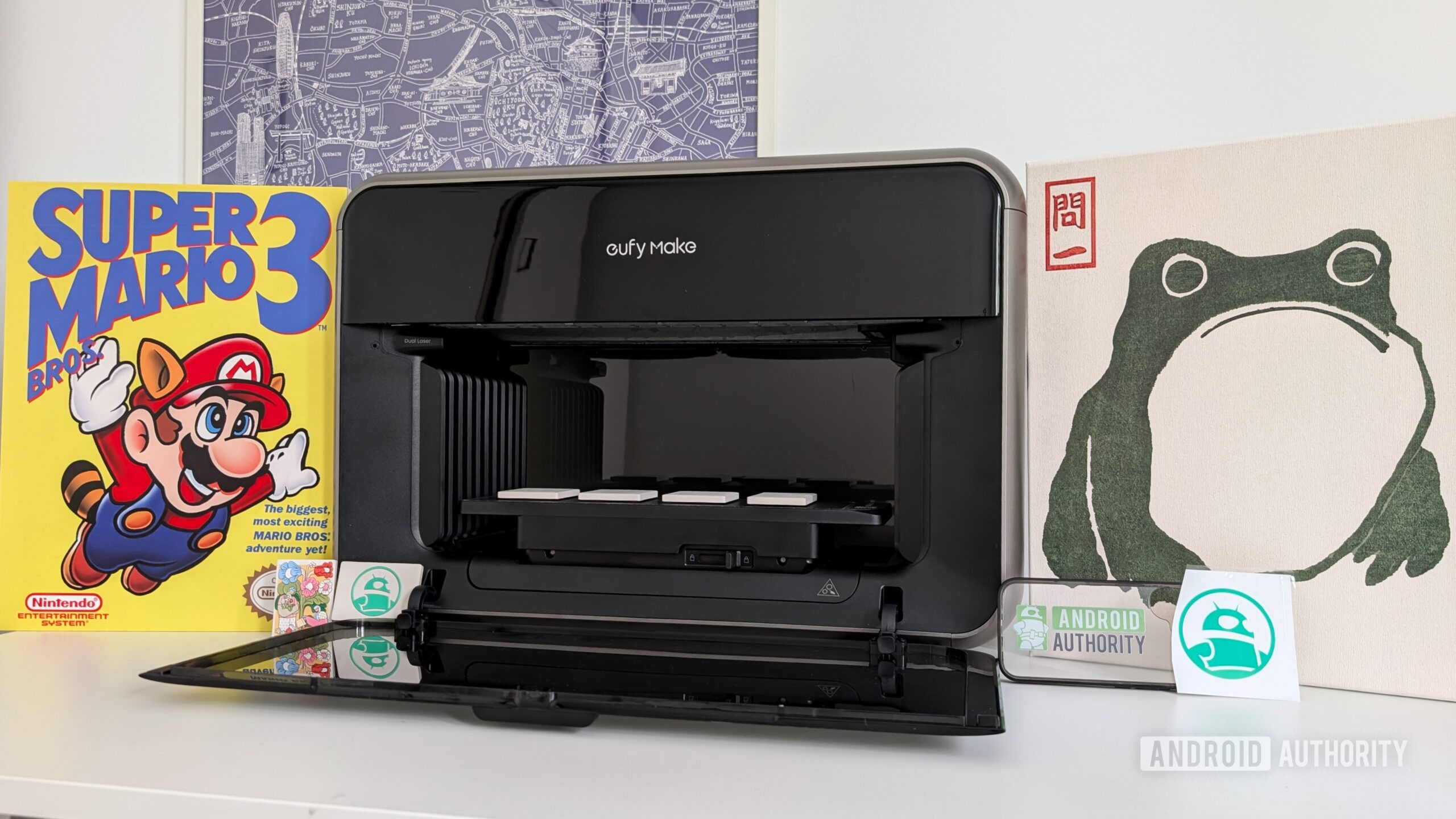



















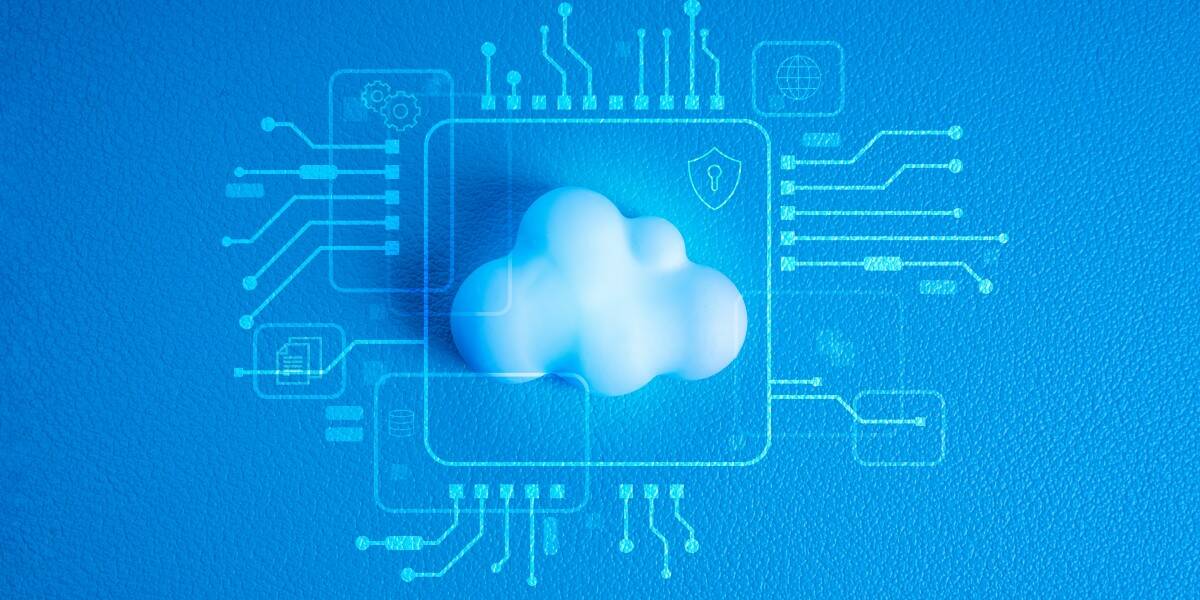
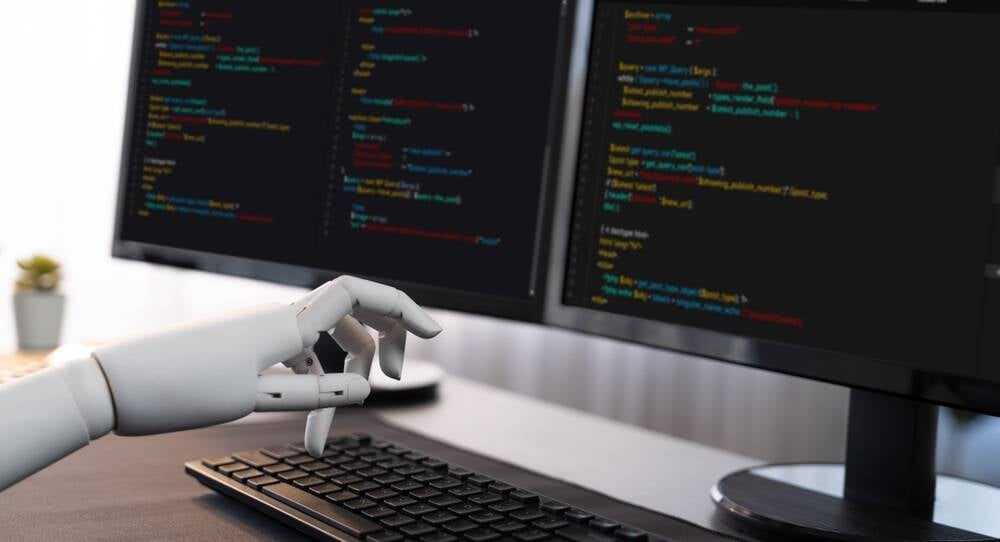
![Apple Restructures Global Affairs and Apple Music Teams [Report]](https://www.iclarified.com/images/news/97162/97162/97162-640.jpg)
![New iPhone Factory Goes Live in India, Another Just Days Away [Report]](https://www.iclarified.com/images/news/97165/97165/97165-640.jpg)

















